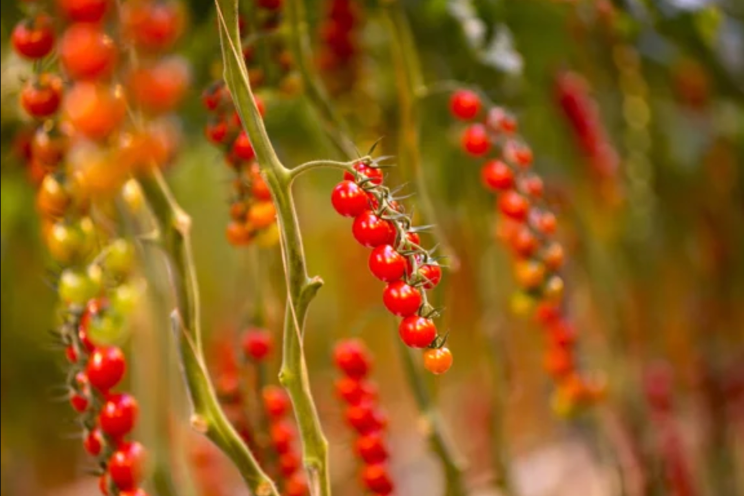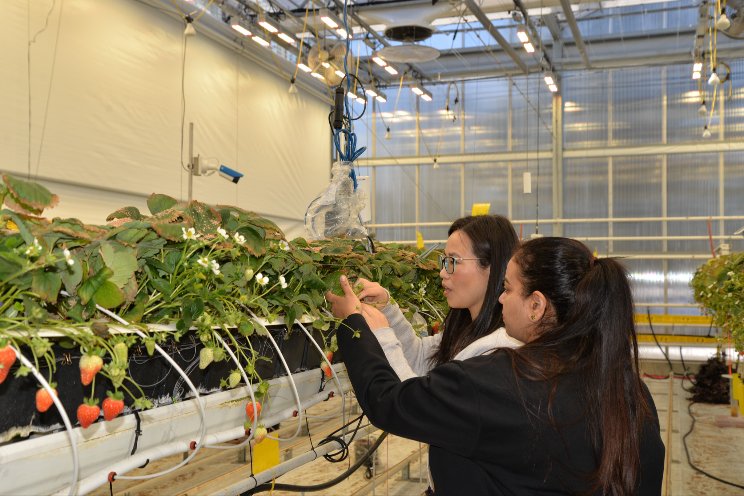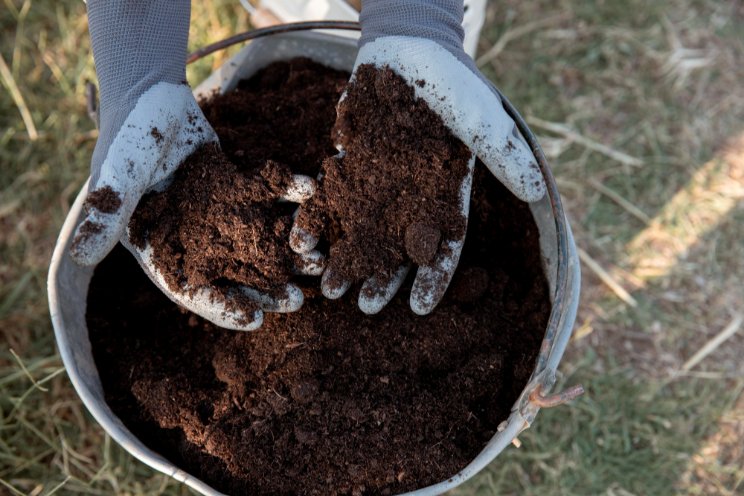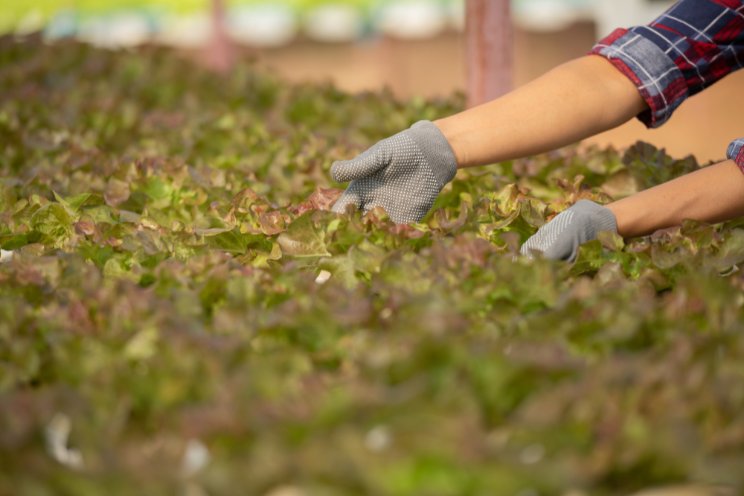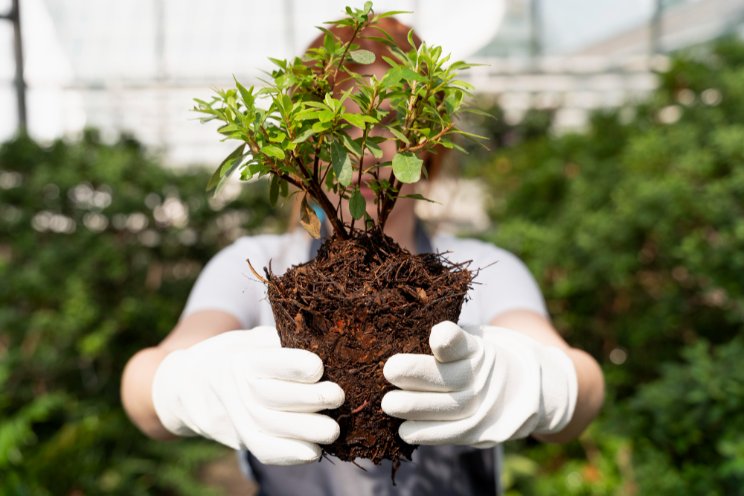Great opportunity for "London's Salad Bowl" to expand
Added on 23 March 2020

This century-old organisation has survived many challenges over the years, including two World Wars, extreme weather events such as floods, fuel shortages, and economic crises. Today, with the help of its 2,000-strong workforce, the LVGA produces around 75% of the UK's crop - growing, for example, more than 80 million cucumbers and 70 million peppers a year.
Price increases needed for family salad growing businesses to invest in future
Lee Stiles, secretary for the LVGA, asserts that there is great opportunity for the LVGA businesses to expand because the UK is less than 30% self-sufficient in glasshouse-grown salad crops. However, expansion will only be achieved through price increases, which will allow growers to invest in infrastructure and technology.
"Current prices only allow the grower to make a living rather than make a profit," Lee explains. "As a result of years of retailer competition, the profit margins on fresh produce are so small that any increase in inputs or additional tariffs cannot be absorbed by the grower."
Tomato grower calls for realistic price for produce
Caroline Jones, an LVGA member who runs Guy and Wright tomato nursery with her partner John, agrees. She says: "We do not see any opportunity to expand our food production until a realistic price is paid for the product."
Caroline adds that labour is also a major concern for her business. She reveals that 80% of the business' workforce is from Poland and Romania. Only a handful of its employees are from the UK - and most of these are family members.
Pioneering growers fear Brexit could hamper future business expansions
Having helpful and knowledgeable family members in the team arguably provides continuity and encourages staff loyalty and friendships. However, they are unlikely to be enough of an incentive to encourage workers to come and work in the UK. The LVGA's Lee explains: "There is no guarantee that workers from the European Union will want to work in the UK after the [Brexit] transition period - regardless of the annual wage as many feel unwelcome since the Referendum."
Lee adds: "The Association believes that glasshouse crop work is a skilled occupation and finding workers with the appropriate skills and work ethic has become increasingly difficult for several years. This is a major concern for growers with harvesting robotics decades away from commercialisation."
He continues: "The Seasonal Agricultural Workers Scheme (SAWS) scheme [which this year permits 10,000 non-EU workers to work in the UK for up to six months] is largely irrelevant to Lea Valley glasshouse growers as the season is almost all year round. This will undoubtedly result in an increase in imported food and impact adversely on the environment with the increase in food miles."
Resilient family salad growing businesses are "legacy to pass onto children"
Yet despite these concerns, Lee believes that Lea Valley Growers' members nevertheless remain at an advantage. "They see their businesses as part of the family, a legacy to pass on to their children and not just an asset to be sold to the highest bidder. They are resilient and will continue to produce the highest quality home grown produce for years to come."
He also explains that family businesses do not have shareholders to please. "This gives the growers the freedom to plan for future requirements without the pressure of delivering a dividend."
Guy and Wright is a shining example of a family business that had the foresight to invest in its future. In 2009, it built a Ł2m, innovative anaerobic digestion (AD) plant. This technology enables the tomato nursery to operate as sustainably as possible as its vegetable waste is used to create biogas that heat and powers the nursery. This fuel also generates extra income for the business.
Caroline says proudly: "Over the past 20 years we have led the field in combined heat and power (CHP) units and methane production. We are self-funded and have doubled our growth from renewable energy production. In fact, companies as far away as New Zealand are asking for our expertise."
Whilst Caroline, and other members of the LVGA, are concerned about their businesses' future, it is arguably this sort of bold investment that has helped sustain this group for more than 100 years. With adequate support from its customers and government, London's famous "salad bowl" will be able to thrive for many more generations to come.
Source and Photo Courtesy of Greentech
Source: Greentech
More news
